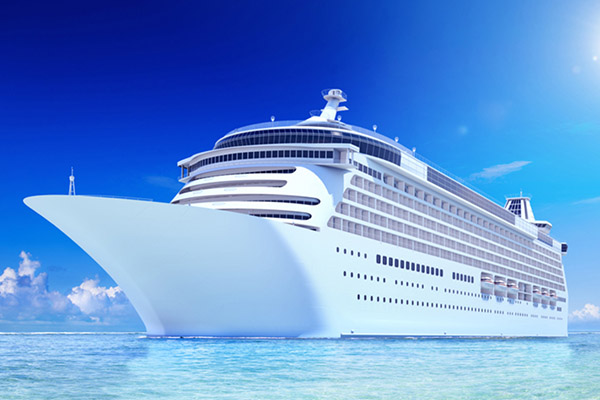Friday, January 12, 2024

In 2023, the regulatory landscape witnessed significant activity, with the cruise industry closely monitoring the outcomes of the MEPC80 meeting in July and the integration of the maritime sector into the EU Emissions Trading Scheme (ETS) – the inaugural carbon pricing initiative for shipping set to be enforced on January 1.
Similar to other industries, cruise stakeholders are assessing the implications of engine retrofits and the adoption of energy-saving technologies. The interdependencies among these stakeholders play a crucial role in making effective decisions, especially considering the uncertainties looming on the horizon.
Undoubtedly, robust, comprehensive, and transparent disclosures are imperative to drive and support the sustainability agenda, aligning with emerging regulatory demands. The Cruise Lines International Association (CLIA) emphasizes that accessibility to funding for sustainable shipbuilding is pivotal for the sector’s energy transition goals. Port and shoreside infrastructure also play a crucial role in ensuring a fair and equitable transition.
Marie-Caroline Laurent, Director General, Europe, CLIA, underscores the importance of enabling faster access to funding for sustainable shipbuilding and maritime equipment manufacturing to maintain Europe’s leading position in the maritime industry. This involves deploying sustainable maritime fuels and new technologies to facilitate the sector’s decarbonization.
While the objective of achieving net-zero greenhouse gas (GHG) emissions by 2050 is backed by cross-supply chain research and development, a singular solution for decarbonization has yet to emerge. The journey to net-zero will likely require a combination of different technologies and fuels.
“Implementation of the EU Green Deal to support decarbonisation of cruise will need to ensure adequate port infrastructures are in place. Investment in shoreside electricity must be made available and the development, scale-up and availability of sustainable maritime fuels and related infrastructure must be promoted.” she added.
Michele Landro, LR’s Vice President, Head of Passenger Ships Segment, expresses optimism about the available energy transition pathways for the cruise sector. He emphasizes the impact of alternative fuel availability on the industry’s pace toward a more sustainable future. Landro highlights the need for government investment in bunkering infrastructure worldwide to support new fuels, and LR is committed to backing a regulatory environment that encourages the production, distribution, and use of renewable fuels.
The upcoming CLIA Cruise Week – Europe 2024, scheduled from March 11-14, 2024, in Genoa, Italy, with the Lloyd’s Register Cruise Forum on March 12, provides a significant platform for the cruise industry to collaborate with policymakers, innovators, and suppliers. Lloyds Register stands as one of the principal sponsors of this event, underlining its commitment to addressing global energy transition, sustainability, and other critical challenges facing the cruise sector in the years ahead.
Sunday, April 28, 2024
Sunday, April 28, 2024
Sunday, April 28, 2024